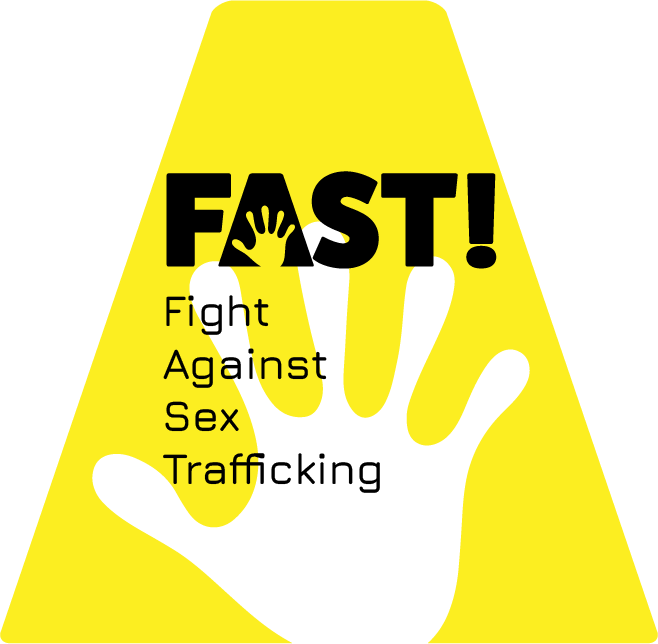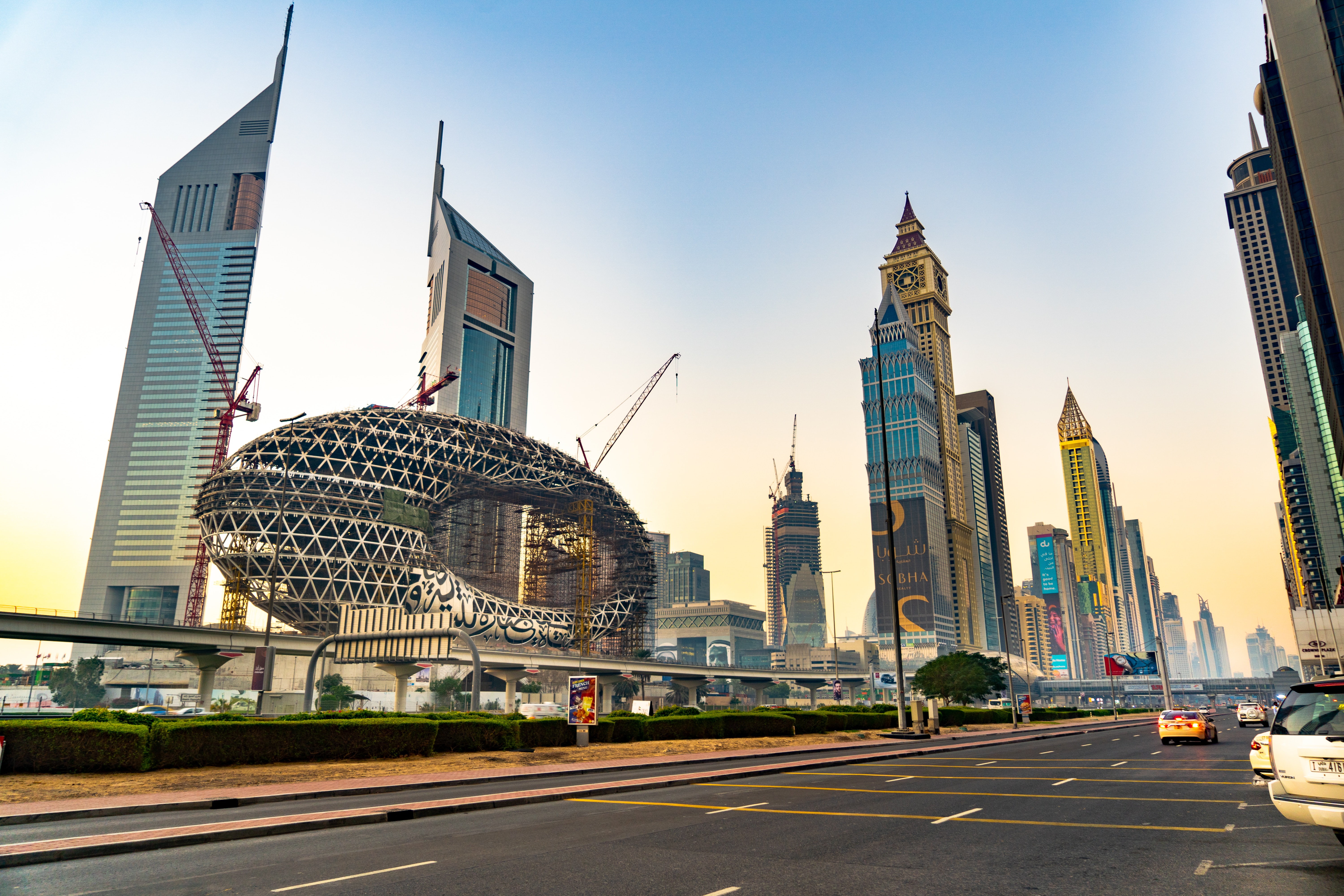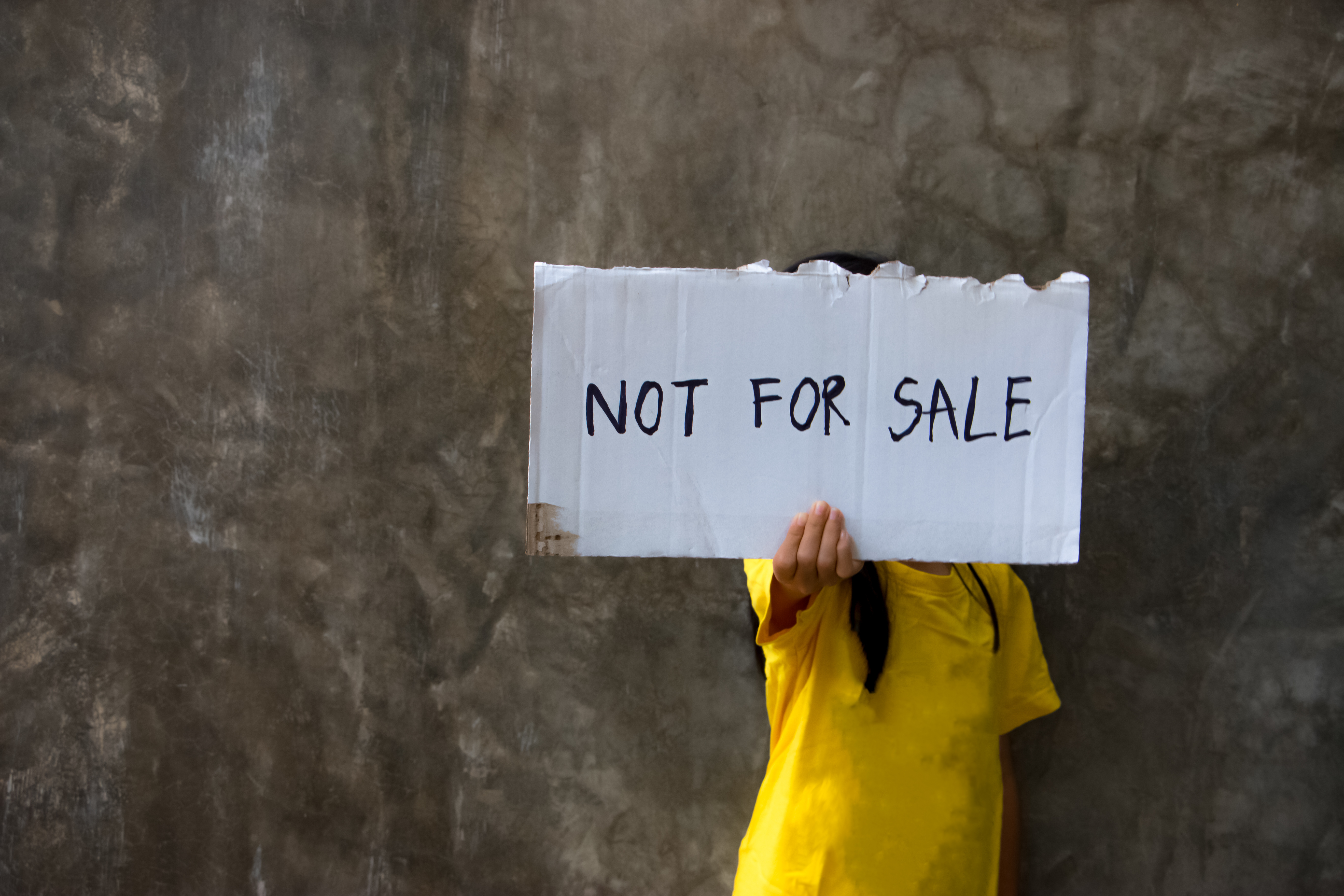The UAE’s Kafala System: Harmless or Human Trafficking? With a population of over 9 million, the United Arab Emirates (UAE) relies heavily on foreign nationals, who make up around 90 percent of its residents. These migrants mostly come from Africa, Asia, and other Middle Eastern countries, with many occupying low-wage and semi-skilled positions. The UAE’s economy is highly dependent on this influx of migrant workers.
The migration of labor to the UAE is governed by the kafala system. This is a private sponsorship arrangement that has been in place for decades in Gulf Cooperation Council states and other Middle Eastern nations. However, the specifics of the kafala system can differ between states.
The Kafala system remains crucial for maintaining political control in society. A society where citizenship rights are granted to only a minority of the population. Furthermore, power is concentrated in a small group of royal families. This system has also played a role in establishing a social contract between the state and its citizens. In this arrangement, citizens receive economic benefits and control over migrant labor. But in return, they often experience reduced social and political freedoms.
The UAE’s Kafala System: Harmless or Human Trafficking?
Many migrant workers in the UAE fall victim to human trafficking and forced labor. Agents recruit these workers by charging exorbitant recruitment fees and promising secure work permits and jobs. Once in the UAE, however, victims find themselves coerced into signing contracts they do not fully comprehend. The are met with conditions that differ from what they were initially promised. These workers are then forced to toil long hours in overcrowded labor camps, receive meager wages infrequently, and living in poor sanitary conditions. Consequently, they become trapped in debt bondage and are compelled to accept exploitative terms and conditions, particularly prevalent among those in construction, domestic, and lower-level service sectors.
Despite these ongoing issues, the UAE government has shown a reluctance to address violations of Emirati laws that are indicators of trafficking, such as passport confiscation, delayed or withheld wages, and contract manipulation. Instead, the government often treats such cases as regulatory violations, imposing administrative fines or revoking business licenses. Shockingly, the government has rarely reported investigating, prosecuting, or convicting officials involved in trafficking crimes, as evidenced by the 2019 and 2023 Trafficking in Persons reports from the U.S. State Department. In 2018 for example, the UAE did not report any investigations, prosecutions, or convictions of officials complicit in trafficking crimes.
Read the full report here: carnegieendowment.org



